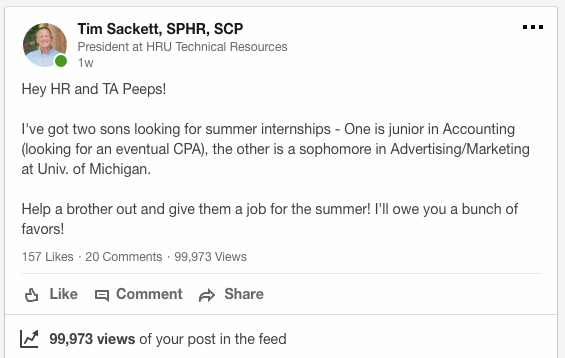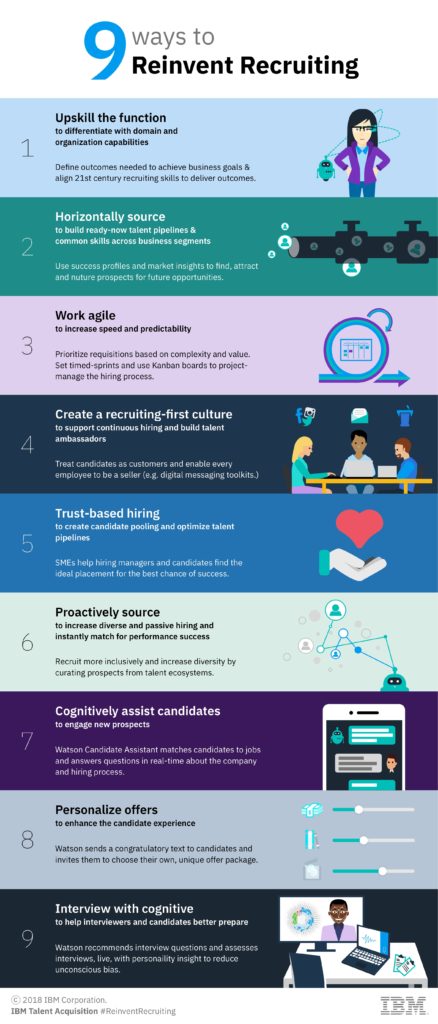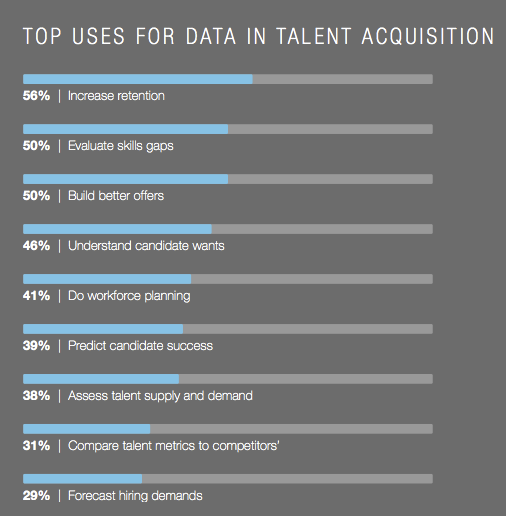If you’re even a casual reader of this blog you know I have three sons. Two of those sons are in college. Being that my life’s work has been in HR and Recruiting you better believe they understand the importance of good grades and internships!
Being the Dad I am I thought it would be a good idea to use my network to try and help my boys get an internship. Let’s be honest, this is how most recruiting still works today. It’s about who you are, combined with who you know. My kids know me and a few hundred friends and family, 99.9% of which are absolutely no help in finding them an internship.
They’re a lot like most kids, besides this one exception.
I know a ‘few’ more people than they do. I’ve been writing for about ten years now. I’ve spent a career building a network. So, I put a very simple message out on LinkedIn. Here it is:
You see the number, right!? 99,973 views of this post as of me writing this post!
I don’t care who you are, or what your network is on LinkedIn, 99K views is a lot! I know a bunch of marketing pros who would give me their left arm for 99K views of anything they put out!
The outcome is still undetermined. Both boys have had interviews, so I’m confident they’ll find something wonderful. I’ve had amazing friends, peers, and people I’ve never met, reach out to help. Some with actual positions. Some with other connections who might have something. Others with just words of encouragement.
I was overwhelmed with gratitude.
When you write a free blog for ten years you really don’t have any idea what the ultimate outcome will be. I don’t ask for much of my network. I really didn’t expect much from the post above. I sent it out into the world and magic came back. It’s very cool!
Some learnings I’m taking away from this experience:
– LinkedIn for how much we love to hate it sometimes can be very, very powerful tool for networking.
– When a post goes viral, you are never prepared! If I didn’t reply back to you I’m sorry, it was unintentional!
– The next time you decide to ‘ignore’ a LinkedIn connection request, think about how that person might help your network.
I had a friend point out that some folks might be upset over this. The reason my kids will get an internship is because of ‘who’ they know (me, there dad). They have the advantage of having a network that can deliver these opportunities. What about all those kids that don’t have that same ‘privilege’. It’s not fair.
I can’t change the fact that as a father I want to help my kids get every opportunity they can. I didn’t do their homework and take their tests, that’s all on them. I don’t sit in on the interview, that’s all on them. I help out people not related to me every day in the best way I can. I’m not going to apologize for helping my own kids find a job. That’s just silly.
FYI – still on the outlook for a summer Accounting internship for a Junior Accounting Major with a 3.85+ GPA, who is a student-athlete playing college baseball on scholarship. It turns out most Accounting internships are in the Winter and Spring during tax season. He can’t do that with his athletic commitment. So, if you know of anything, let me know!



